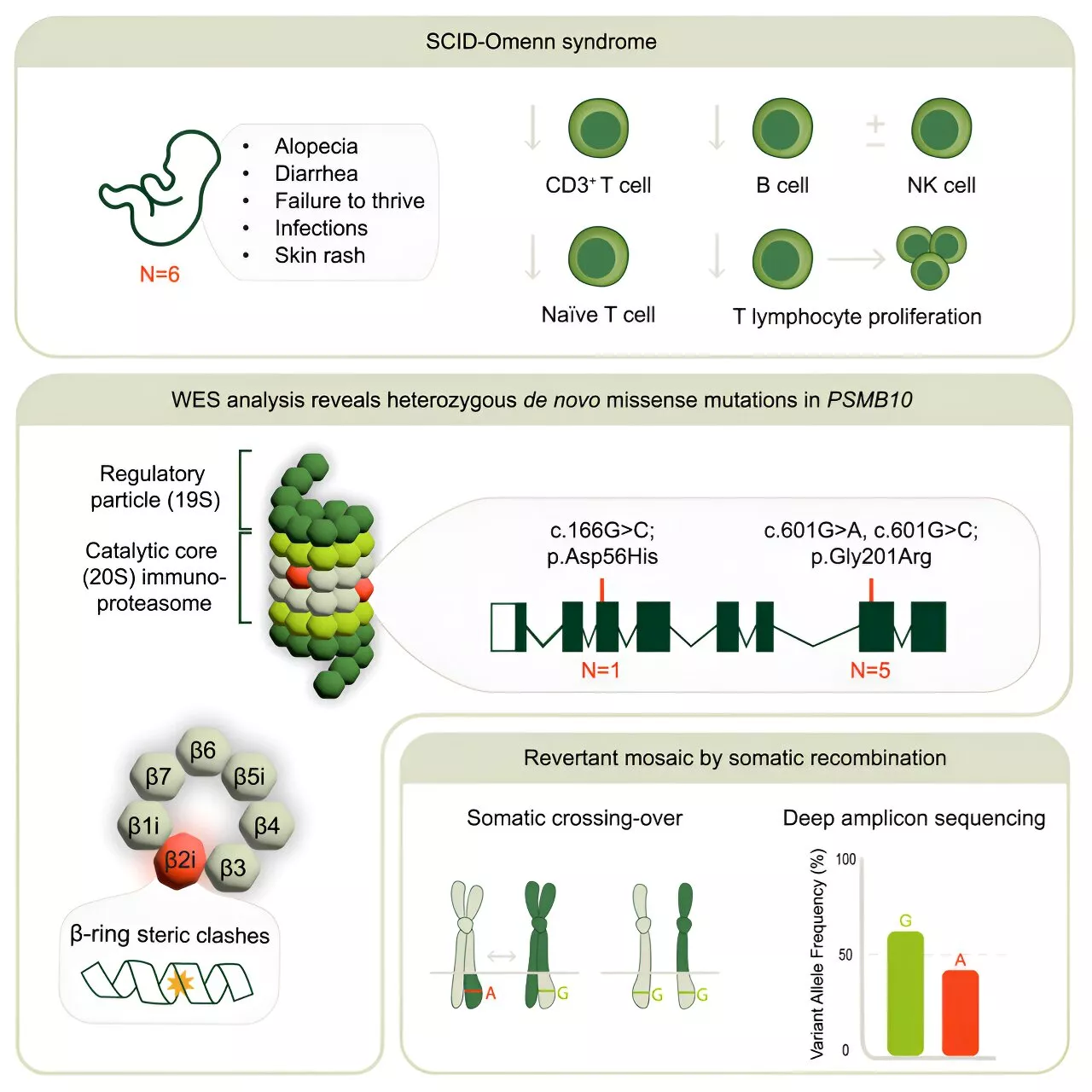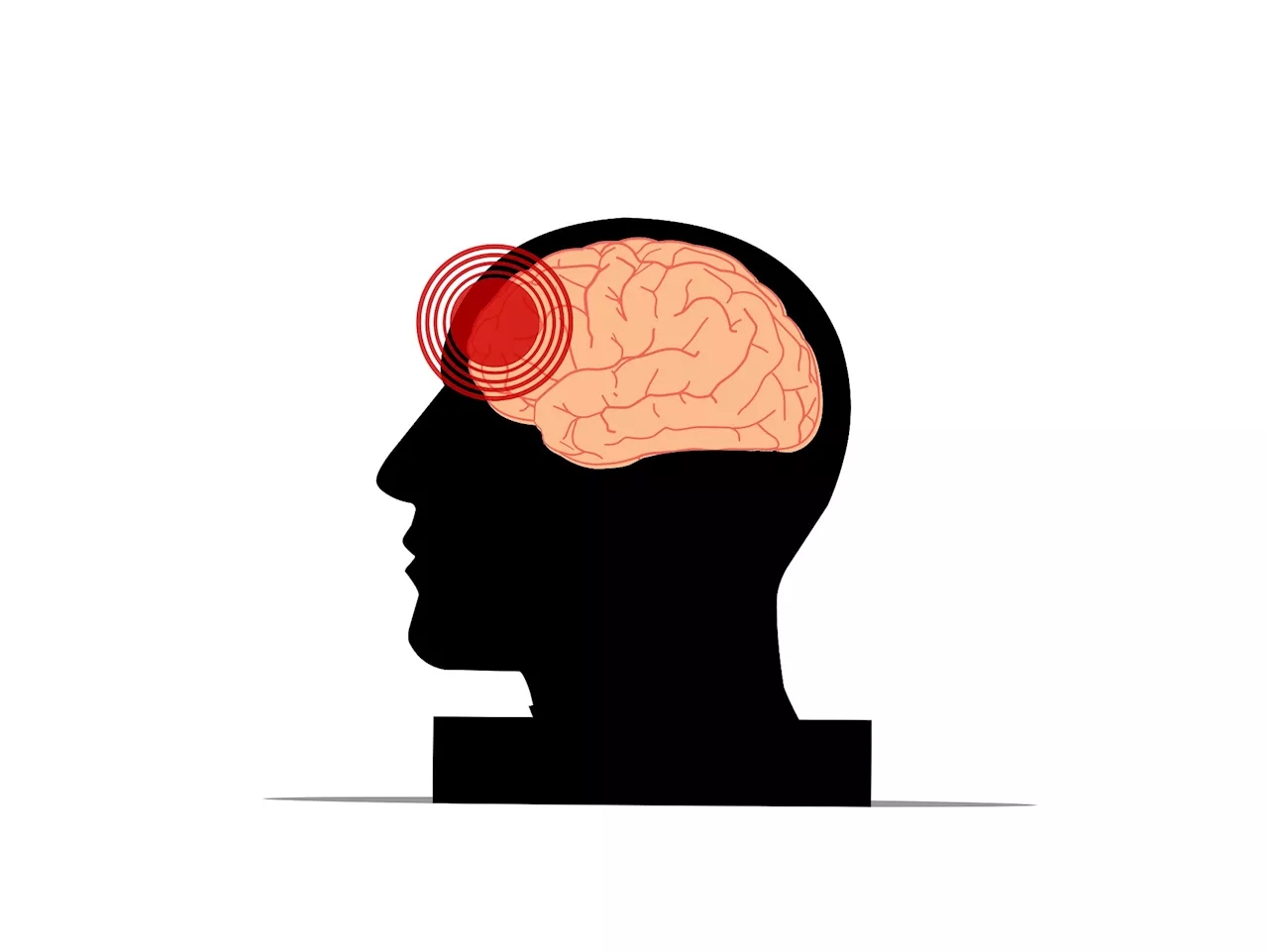Researchers have developed a tool called InSpectre Gadget that can bypass Spectre protections and steal sensitive data from kernel memory and other areas of RAM. The tool was used to successfully perform a Native Branch History Injection (Native BHI) attack on Intel microprocessors.
We're told mitigations put in place at the software and silicon level by the x86 giant to thwart Spectre -style exploitation of its processors' speculative execution can be bypassed, allowing malware or rogue users on a vulnerable machine to steal sensitive information – such as passwords and keys – out of kernel memory and other areas of RAM that should be off limits.
InSpectre Gadget was used, as an example, to find a way to side-step FineIBT, a security feature built into Intel microprocessors intended to limitspeculative execution exploitation, and successfully pull off a Native Branch History Injection attack to steal data from protected kernel memory. AMD and Arm cores are not vulnerable to Native BHI, according to the VU Amsterdam team. AMD has since confirmed this in an
Spectre Data Theft Kernel Memory RAM Inspectre Gadget Native Branch History Injection Intel Microprocessors
United States Latest News, United States Headlines
Similar News:You can also read news stories similar to this one that we have collected from other news sources.
 Antibiotic resistance in treating UTIs highest in aged care facilities, researchers findUrinary tract infections (UTIs) caused by E. coli from aged care facilities show higher resistance to antibiotics compared to cases collected from hospitals and the wider community, find researchers from UNSW Sydney.
Antibiotic resistance in treating UTIs highest in aged care facilities, researchers findUrinary tract infections (UTIs) caused by E. coli from aged care facilities show higher resistance to antibiotics compared to cases collected from hospitals and the wider community, find researchers from UNSW Sydney.
Read more »
 Researchers find new genetic cause of severe combined immune deficiency diseaseResearchers from Nijmegen and Newcastle have discovered a new genetic mutation leading to severe combined immune deficiency disorder (SCID). It's the first time a mutation in the proteasome, a molecular shredder, has been linked to this serious disease.
Researchers find new genetic cause of severe combined immune deficiency diseaseResearchers from Nijmegen and Newcastle have discovered a new genetic mutation leading to severe combined immune deficiency disorder (SCID). It's the first time a mutation in the proteasome, a molecular shredder, has been linked to this serious disease.
Read more »
 Researchers find unanticipated complexity in aging brain's memory declineResearchers from The University of Texas at Dallas Center for Vital Longevity (CVL) have discovered that brain correlates of age-related memory decline are more complicated than previously believed, a finding that could affect efforts to preserve cognitive health in older people.
Researchers find unanticipated complexity in aging brain's memory declineResearchers from The University of Texas at Dallas Center for Vital Longevity (CVL) have discovered that brain correlates of age-related memory decline are more complicated than previously believed, a finding that could affect efforts to preserve cognitive health in older people.
Read more »
 Researchers find branched chain amino acid supplementation may aid in concussion recoveryIn the first clinical trial of a targeted pharmacologic therapeutic for mild traumatic brain injury in pediatric patients, scientists from the Minds Matter Concussion Frontier Program at Children's Hospital of Philadelphia (CHOP) have found preliminary evidence that adolescents and young adults with concussion who take a specific formulation of...
Researchers find branched chain amino acid supplementation may aid in concussion recoveryIn the first clinical trial of a targeted pharmacologic therapeutic for mild traumatic brain injury in pediatric patients, scientists from the Minds Matter Concussion Frontier Program at Children's Hospital of Philadelphia (CHOP) have found preliminary evidence that adolescents and young adults with concussion who take a specific formulation of...
Read more »
 COVID-19 took a mental health toll on mothers, young women and adolescent girls, researchers findTwo recent studies show that the non-pharmaceutical public health measures implemented during the COVID-19 pandemic were associated with increased mental health visits for mothers with young children, young women and adolescent girls.
COVID-19 took a mental health toll on mothers, young women and adolescent girls, researchers findTwo recent studies show that the non-pharmaceutical public health measures implemented during the COVID-19 pandemic were associated with increased mental health visits for mothers with young children, young women and adolescent girls.
Read more »
 New nasal spray may reduce severity of sleep apnea, researchers findAustralian researchers have discovered that a bedtime nasal spray has the potential to reduce the severity of sleep apnea in people and lower their blood pressure.
New nasal spray may reduce severity of sleep apnea, researchers findAustralian researchers have discovered that a bedtime nasal spray has the potential to reduce the severity of sleep apnea in people and lower their blood pressure.
Read more »
